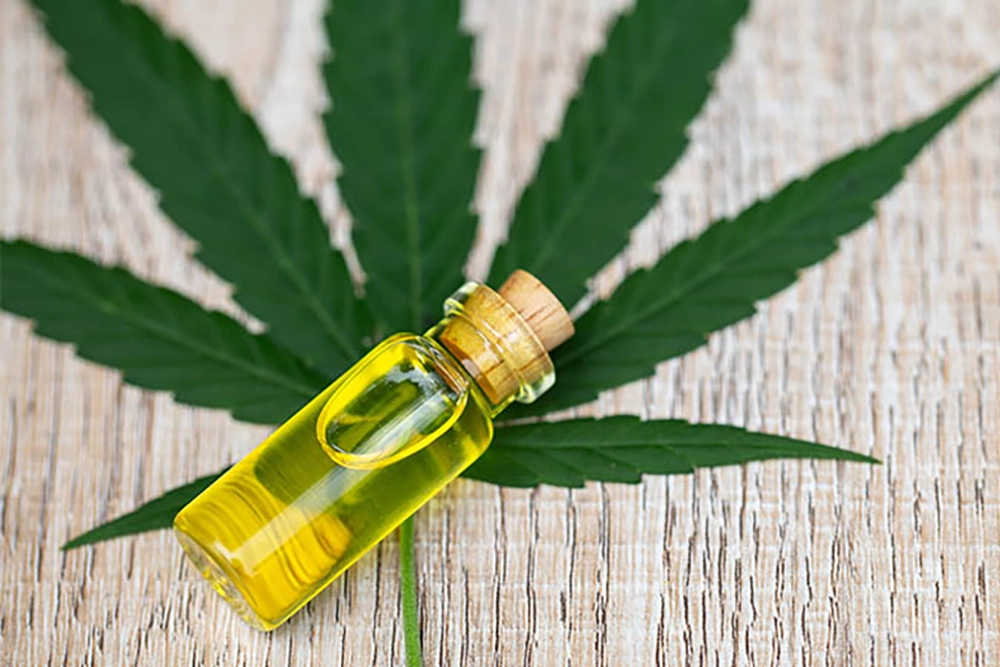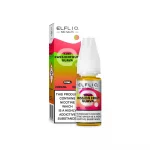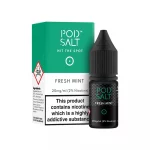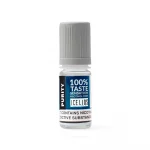When it comes to consuming CBD (cannabidiol), users often have a choice between CBD e-liquid and CBD oil. While both offer the potential benefits of CBD, they differ in several key aspects. Understanding these differences can help you choose the product that best suits your needs and preferences.
CBD E-Liquid:
CBD e-liquid, also known as CBD vape juice or CBD vape oil, is specifically formulated for use in vaporizers, vape pens, and e-cigarettes. It typically contains CBD extract, a carrier liquid (such as propylene glycol or vegetable glycerin), and sometimes flavorings. Here are some key points to consider:
- Bioavailability: When vaporized, CBD e-liquid enters the bloodstream quickly through the lungs, offering fast-acting effects compared to other methods of consumption.
- Convenience: Vaping CBD e-liquid is convenient and discreet, making it suitable for on-the-go use. It allows users to enjoy the benefits of CBD without drawing attention to themselves.
- Customization: CBD e-liquids come in a variety of flavors and strengths, allowing users to customize their vaping experience according to their preferences and needs.
- Potential Risks: While vaping CBD is generally considered safe, there are potential risks associated with vaping, such as lung irritation or allergic reactions to ingredients in the e-liquid.
CBD Oil:
CBD oil, on the other hand, is a concentrated form of CBD that is typically consumed orally. It is made by extracting CBD from the cannabis plant and diluting it with a carrier oil, such as coconut or hemp seed oil. Here are some important considerations regarding CBD oil:
- Versatility: CBD oil can be consumed in various ways, including sublingual administration (placing drops under the tongue), adding it to food or beverages, or using it to make homemade edibles.
- Longevity: CBD oil has a longer shelf life compared to CBD e-liquid, making it suitable for those who prefer to stock up on CBD products or use them less frequently.
- Dosage Control: CBD oil allows for precise dosage control, as users can measure the amount of oil they consume using a dropper. This makes it easier to adjust dosage levels according to individual needs.
- Absorption Rate: When consumed orally, CBD oil must pass through the digestive system before entering the bloodstream, resulting in slower absorption and onset of effects compared to vaping.
Conclusion:
In summary, the choice between CBD e-liquid and CBD oil depends on factors such as desired onset of effects, convenience, flavor preferences, and personal preferences for consumption methods. Both options offer the potential benefits of CBD, so it’s essential to choose the one that aligns with your lifestyle and preferences. Always consult with a healthcare professional before starting any new CBD regimen, especially if you have underlying health conditions or are taking medications.





